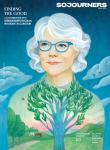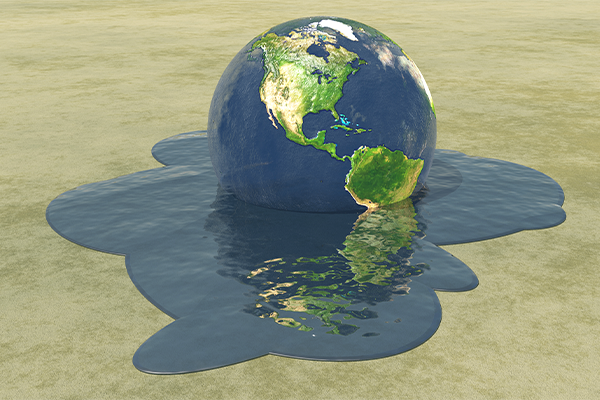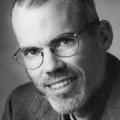THE WIND AND floods of Hurricane Katrina — now, amazingly, 20 years in the rearview mirror — were an early wake-up call about climate change. Precisely what scientists had been predicting was underway — super-strong storms overwhelming the coasts. But Katrina taught another lesson too: Those most in danger in this new world were going to be poor and quite likely would be people of color. The Lower Ninth Ward became a symbol of all those things, and to wander those streets in the weeks afterward was to see the future.
But we didn’t see it clearly enough, not enough to really change what we were doing. Indeed, we’ve just inaugurated a president who campaigned on his conviction that it’s all a hoax. Drill, baby, drill.
Just as he was transitioning into power, we had the fires of Los Angeles. These, again, were just what climate scientists said would happen: Record dryness (essentially no rain since May); record warmth; record windspeeds. It was a conflagration as predictable as it was horrific. But this time it came with one new feature: A great many of the victims were rich. Not all of them — the middle-class community of Altadena burned (including the home of my earliest memories as a boy). But in Pacific Palisades, street after street of multimillion-dollar homes — the very definition of California as idyll — were swept with fire despite the airy breezes off the blue ocean.
The very rich will not suffer like the very poor — chances are there’s a second home somewhere for many of these people. But money doesn’t save you from terror; watching the place that you felt safest turn into ash inside an hour will haunt you for the rest of your life no matter your income.
That this happened to Angeleños is unfair; no place has turned more decisively to clean energy, with vast fields of solar farms stretching out into the desert at the city limits. But you can’t protect the climate by yourself — that has to be a global project. And if we are very lucky, a new generation of leaders in that fight will emerge from the wreckage in California, able to testify that no one is safe from the hellish world we’re constructing. I’m not confident that will happen: In our debased national dialogue, the fires were still burning when the richest man on the planet decided to call the governor of the Golden State a “subtard.” But perhaps.
What happened in LA is not a wake-up call. It’s way too late for that — we hit the snooze alarm after Katrina. It’s more like a last call, a final warning while a bit of slack remains in the system. The Intergovernmental Panel on Climate Change has told us we have five more years to cut emissions in half. Surely the images of Los Angeles on fire will last that long in our brains. Surely?

Got something to say about what you're reading? We value your feedback!

